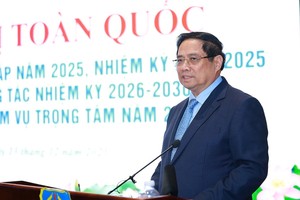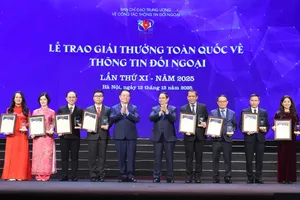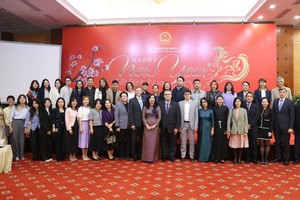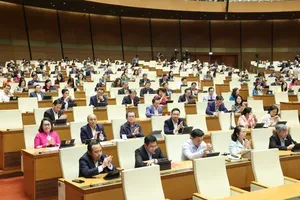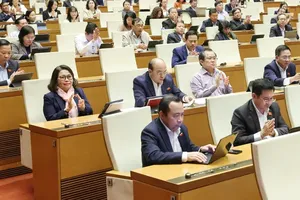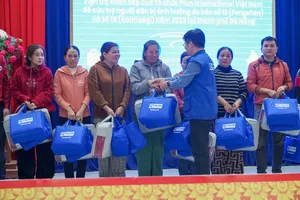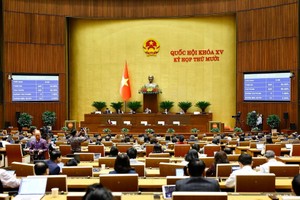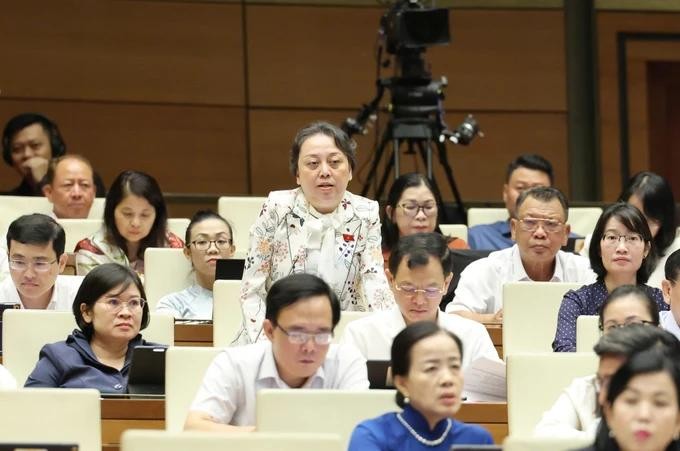
Deputy Nguyen Lan Hieu made the statement at the 8th session of the legislature today on several important issues, including the draft Law on amendments and supplements to a number of articles of the Law on Pharmacy and the draft Data Law.
He was adding that many pharmaceuticals have been distributed in nations like Japan, the United States, and Europe; however, they are still pending approval for licensing in Vietnam.
Deputy Pham Khanh Phong Lan from Ho Chi Minh City mentioned the loose management of the drug distribution and retail system.
She highlighted that despite the rapid growth in the number of distribution companies and retail pharmacies, there remains a significant absence of effective management measures, including inspection mechanisms, regulations concerning capital, and guidelines regarding the distance between pharmacies.
Consequently, the potential for the buying and selling of counterfeit and substandard medications persists, owing to the inadequate oversight of the distribution system.
In relation to drug registrations, deputy Pham Khanh Phong Lan mentioned that Vietnam presently holds over 800 active ingredients and 22,000 drug registration numbers, surpassing the figures of other countries. The presence of numerous duplications in domestic drug registration numbers is causing challenges in the management process.
Therefore, she proposed that the number of drug registrations should be limited so that the registration number issuance process becomes more transparent and strict, and requested that this provision be added to the draft law.
Furthermore, she expressed views on the preferential policy for domestic pharmaceutical companies. The female deputy emphasized the need to reassess this incentive, particularly regarding the bidding procedures for drug acquisitions in hospitals, to guarantee both fairness and efficiency.
She expressed concern about the current Bidding Law's sole focus on selecting the cheapest drugs. She argued that this approach compromises the quality of medical care and hinders the sustainable growth of the pharmaceutical industry.
Deputy Pham Khanh Phong Lan advocated for a review of bidding regulations to guarantee adequate drug and vaccine supplies for the population while fostering the sustainable growth of the pharmaceutical industry.
Furthermore, the deputy highlighted other deficiencies in the draft amendment to the Pharmacy Law, including the management of cosmetics and functional foods. She proposed implementing more comprehensive and effective measures to address these shortcomings, thereby contributing to the advancement of the pharmaceutical industry and safeguarding public health.
Deputy Nguyen Lan Hieu from Binh Dinh Province highlighted concerns about online drug sales, particularly the risks associated with selling drugs of unknown origin on social networks. He supported the proposal to permit drug sales through electronic transactions but stressed the necessity for stringent regulations. Specifically, online drugs must be licensed for circulation in Vietnam, and online pharmacies must comply with standards set by the Ministry of Health.
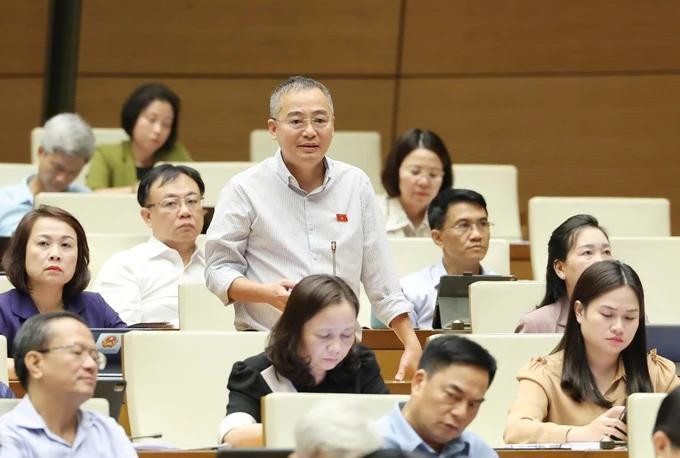
Deputy Nguyen Lan Hieu thus proposed that the Ministry of Health establish a specialized unit to combat the online sale of counterfeit drugs and ensure the public disclosure of accurate drug information. This would enable people to verify drug details through official websites and applications.
Furthermore, the deputy asserted the importance of fostering the growth of the domestic pharmaceutical sector. However, it is crucial to consider the standing of this industry to prevent a scenario where leading global pharmaceutical companies are unable to enter the market. Currently, domestic pharmaceuticals have not achieved the necessary quality standards, resulting in a lack of access to medications that meet the desired quality for consumers.
Regarding the existing process for ‘visa granting’ for new drugs, deputy Nguyen Lan Hieu noted that individuals often face long wait times, sometimes extending up to a year.
Many countries impose conditions and standards that are significantly more stringent than ours, such as Japan, the United States, and those in Europe, yet they have allowed certain medications to be in circulation for 5 to 6 years. However, for these drugs to be imported into our country, they must still await ‘visa approval’.
Therefore, the deputy suggested that a clear process be established for the importation of medications that have been recognized globally through research and widespread application. This situation results in a disadvantage for the public, preventing them from benefiting from the latest advancements in science.

